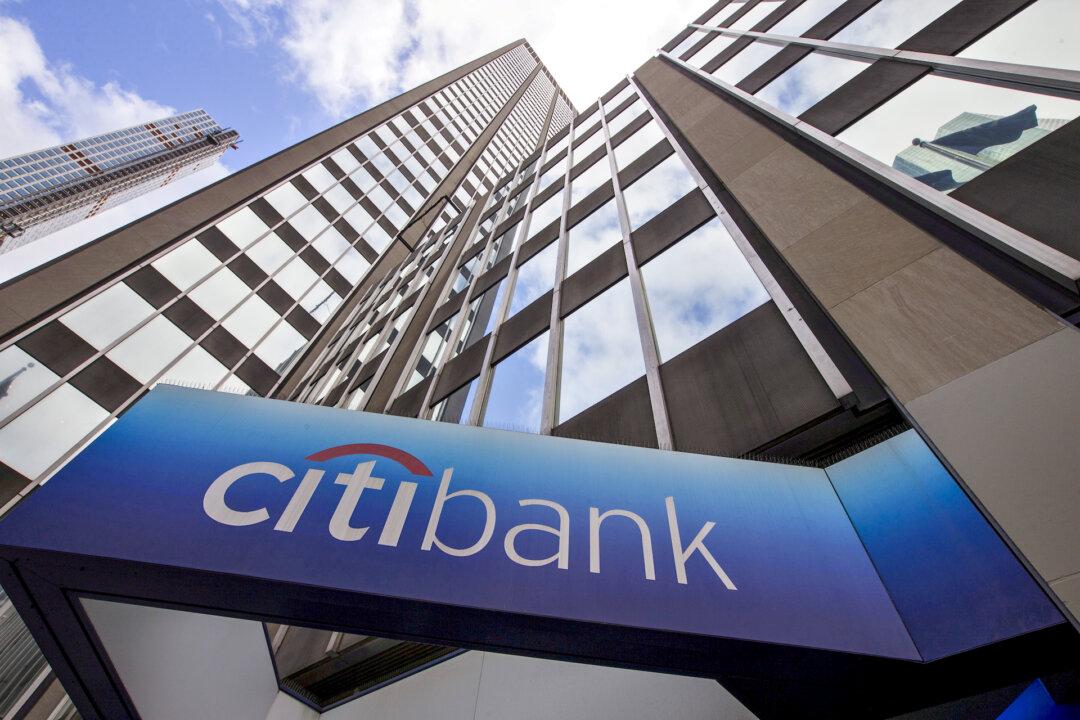Citigroup said it believes the United States likely will fall into a “shallow” recession in the fourth quarter of this year due to multiple “uncertainties” in the economy amid continued inflation, rising interest rates, and the recent banking turmoil.
Jane Fraser, the CEO of the investment bank, made the comments during an earnings call on April 14. Citigroup had earlier said it expected a U.S. recession in the third quarter of 2023.




